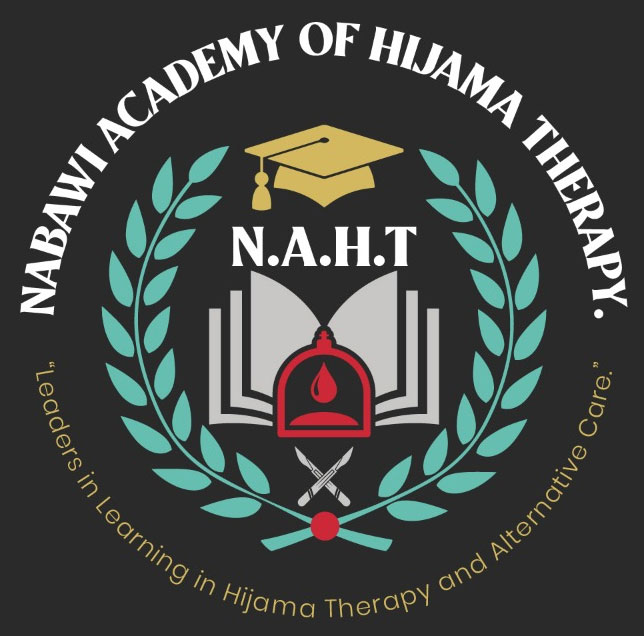Unani Tibb & Medicine.
The Arabic term ‘Unani Tibb’ means ‘Greek medicine’. It is a medical system practiced widely in the Middle East, India, Pakistan, and Bangladesh. Unani medicine is based on the balancing of the four senses of humor (blood, phlegm, yellow bile, and black bile), with any imbalance between them seen as the cause of disease. Unani methods are similar to other Naturopathic therapies – using clean water, pure air, and fresh food to prevent disease and seeking a balance between body and mind. It stands out for its abundant use of syrups and electuaries, (a medicinal substance mixed with honey or another sweet substance).
Unani Tibb medicine is thought to have originated from physicians in Ancient Greece with roots in Hippocrates’ teachings. Aristotle and Galen. It was subsequently developed into a comprehensive healthcare system by Arabic physicians, especially Ibn Sina (aka Avicenna). It uses Avicenna’s Canon as its basic text. Galen believed in a vital energy or creative force that he called ‘pneuma’ that is similar in concept to the Chinese concept of ‘qi’ and the Ayurvedic ‘prana’. Like Hippocrates, he accepted the concept of ‘humors’ which arise out of the liver and form a subtle network throughout the body. He also assigned foods and herbs to each of the four senses of humor that form the basis of ‘Galenical’ dietetics and medicine. This was accepted throughout Europe and the Middle East for 1500 years.
Unani Tibb’s philosophy is based on four key axioms:
- The 1st is Temperament, which reflects each individual’s uniqueness. This is critical for diagnosis and treatment.
- The 2nd is Physis is the body’s innate power for self-healing.
- The 3rd is Qualities, an old concept given a fresh perspective in Unani Tibb,
- The 4th is the Lifestyle Factors. Unani Tibb strongly believes that lifestyle diseases, for example, diseases such as Diabetes, Obesity are often the result of, or aggravated by imprudent or even self-destructive lifestyles. Practical advice is offered on lifestyle changes such as modifying the patient’s diet, improving sleep patterns, and encouraging exercise, for example.
- Herbs and foods were energetically classified as hot or cold and there are four degrees each of hot and cold, making a total of eight possible categories into which a food may be placed with different effects.
- First degree: The substance affects metabolism, but is not detectable by overt physical sensation. Water is an example of a first-degree substance.
- Second degree: The substance acts upon the body, causing metabolic changes, but is overwhelmed by the body. All nutrients belong to this category. Second-degree substances cause pores to open, peristaltic action, perspiration, and digestion stimulation. Ginger is an example of a second-degree substance.
- Third degree: The substance is not acted upon by the body, but acts upon the body. All medicinal substances belong to this category. An example is the use of Senna pods, which overwhelm the colon’s eliminative powers and forced evacuation.
- Fourth degree: The substance is poison. It stops metabolic function. Some herbs are used as medicine in this category, but only in minute strengths and under physician supervision. Hemlock and belladonna are examples of fourth-degree poisonous substances.
In terms of hot and cool values, a second-degree warm substance would speed up metabolism, whereas a second-degree cold substance would slow it down. In the extreme fourth degree, the difference would become more apparent when a hot herb causes an increase in metabolism beyond the limits that support life. In contrast, a fourth-degree cold substance would slow metabolism to death.
Uses: Unani Tibb’s diagnostic methods include both traditional techniques such as pulse and tongue diagnosis as well as standard conventional medical tests and pathological measurements. This reduces the probability of recurring. Unani-Tibb also employs ‘hands-on’ therapies, such as massage, acupressure, aromatherapy, and therapeutic cupping. In addition, there is an extensive range of natural herbal medicines registered for specific ailments.
